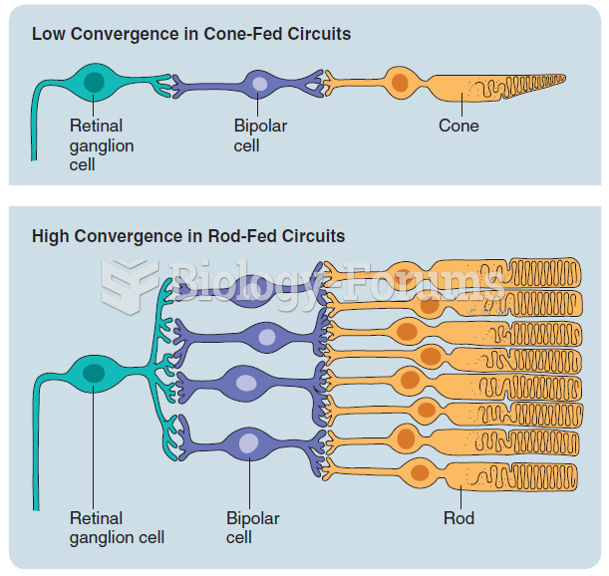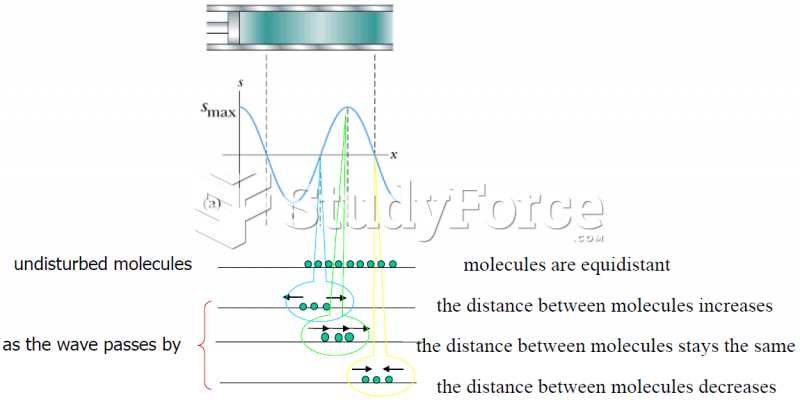|
|
|
There are 60,000 miles of blood vessels in every adult human.
As many as 28% of hospitalized patients requiring mechanical ventilators to help them breathe (for more than 48 hours) will develop ventilator-associated pneumonia. Current therapy involves intravenous antibiotics, but new antibiotics that can be inhaled (and more directly treat the infection) are being developed.
Stevens-Johnson syndrome and Toxic Epidermal Necrolysis syndrome are life-threatening reactions that can result in death. Complications include permanent blindness, dry-eye syndrome, lung damage, photophobia, asthma, chronic obstructive pulmonary disease, permanent loss of nail beds, scarring of mucous membranes, arthritis, and chronic fatigue syndrome. Many patients' pores scar shut, causing them to retain heat.
Once thought to have neurofibromatosis, Joseph Merrick (also known as "the elephant man") is now, in retrospect, thought by clinical experts to have had Proteus syndrome. This endocrine disease causes continued and abnormal growth of the bones, muscles, skin, and so on and can become completely debilitating with severe deformities occurring anywhere on the body.
Blood is approximately twice as thick as water because of the cells and other components found in it.
 Exponential growth in the Canadian migratory population of the whooping crane after 70 years of cons
Exponential growth in the Canadian migratory population of the whooping crane after 70 years of cons
 Boundaries within landscapes created by human activity (background) and natural environmental gradie
Boundaries within landscapes created by human activity (background) and natural environmental gradie
 A schematic representation of the convergence of cones and rods on retinal ganglion cells. There is ...
A schematic representation of the convergence of cones and rods on retinal ganglion cells. There is ...




